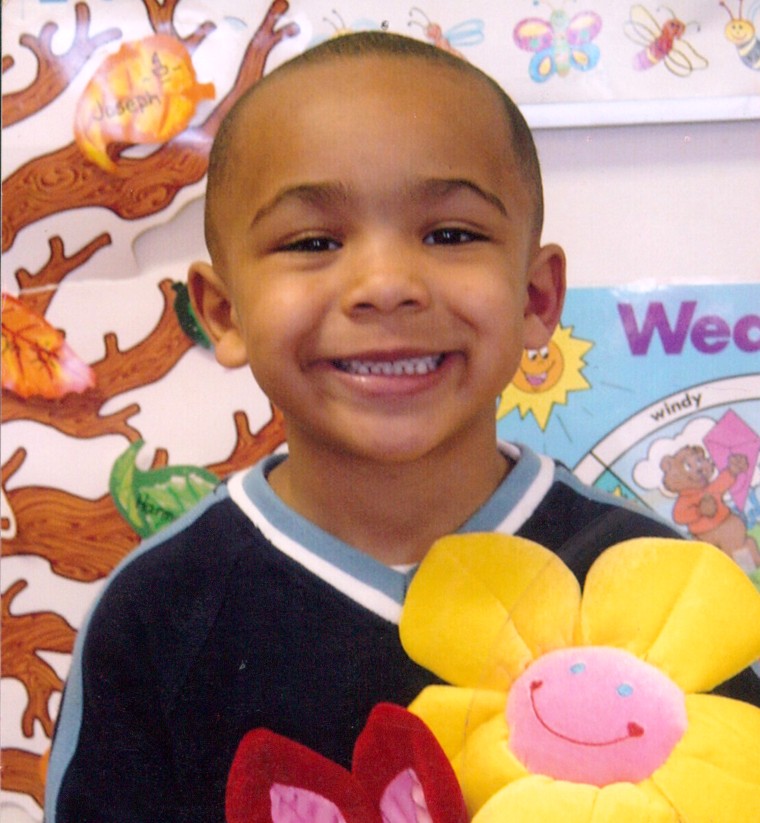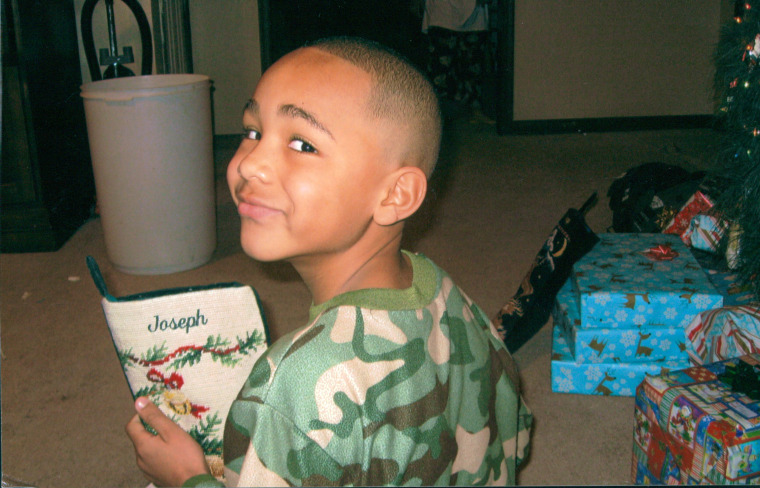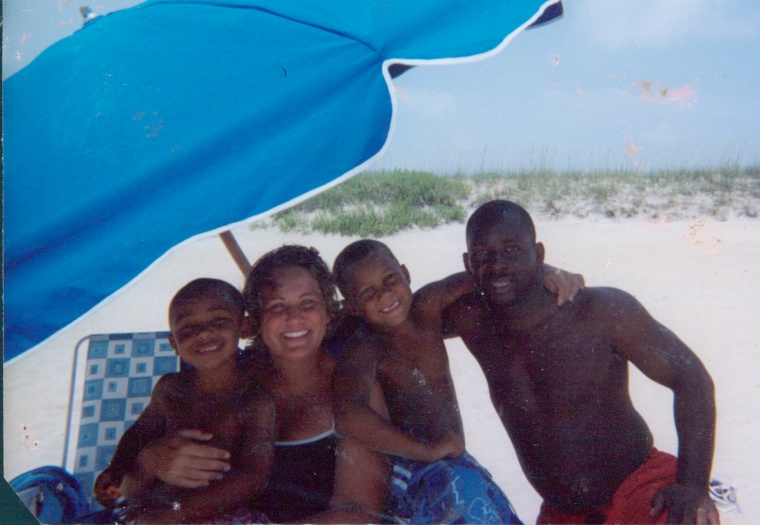Kristina Armstead felt powerless when doctors told her they couldn’t help her son Joseph. Just 8 years old, he was unconscious and dying fast from a brain hemorrhage caused by a rare birth defect.
She and her husband Cliff made a decision they say they’ll never regret. They donated Joseph’s organs — both kidneys, his liver and his pancreas.
It didn’t take away the pain, but it helped the Armsteads cope.

“You have the power to do this. You really do. You have the power to change someone’s entire course of events, their entire lives. And that’s what our sweet boy did,” Armstead said.
Related: 'I Could Feel His Heart': Organ Donor Families Bond With Recipients
Families like the Armsteads have helped drive a trend and set a new record. More than 30,000 organs were transplanted in 2015 in the United States, the United Network for Organ Sharing reported Wednesday.
And more than 15,000 people donated organs. Both numbers are records, UNOS says.
“These trends are encouraging, and they make a huge difference not only for transplant recipients, but for many more people whose lives they touch,” UNOS CEO Brian Shepard said.
"You have the power to change someone’s entire course of events, their entire lives."
“But we have much more work to do to meet the needs of more than 121,000 men, women and children who continue to wait for a transplant.”
Data from the Organ Procurement and Transplantation Network shows a nearly 5 percent increase in organ donations over 2014. Among its findings:
- There were 2,805 heart transplants in 2015, a 5.6 percent increase over 2,655 in 2014
- There were 17,875 kidney transplants in 2015, a 4.5 percent increase
- There were 7,128 liver transplants in 2015, a 5.9 percent increase
UNOS said 81 percent of the donations were made from people who had just died, while 19 percent were living donations. Living people can donate one kidney without harm, or part of a healthy liver.
More African-Americans and Hispanics donated, too, which is important because it made more organs available to blacks and Hispanics who needed them.

Armstead said Joseph himself had volunteered to donate his organs just a few months before, when a relative died and the subject came up.
“Joseph had said, ‘If anything happens to me, they can take everything but my eyes so I can see what is going on up there,’” Armstead recalled.
Related: Grieving Parents Find Meaning in Organ Donations
Armstead, who lives in Richmond, Virginia, says she understands why some people are fearful of donating their own organs or those of loved ones.
“People feel … if they sign up, they are jinxing themselves and that they’ll receive sub-par care,” she said.
But that wasn’t her experience with Joseph.
“The care for Joseph didn’t change once they realized he would not be coming back to us and that he would be becoming an organ donor,” she said. “The surgeon, he did everything possible to save our child. He worked so hard to save our child.”
“It’s a gift back to us.”
And the donation has served, in a small way, to make Joseph immortal. His pancreas was used as a source of cells to treat children with type-1 diabetes. And a year after his death, the Armsteads met a woman who got one of Joseph’s kidneys.
“He really does live on through her,” Armstead said.

“Seeing that beautiful woman alive brought meaning to the loss of our child, not that it ever replaces it. It doesn’t. It brings a sense of peace that nothing else can bring.”
They now exchange Christmas cards every year. “She got his left kidney and she calls her left kidney ‘little Joe,’” Armstead said. “It’s a gift back to us.”
